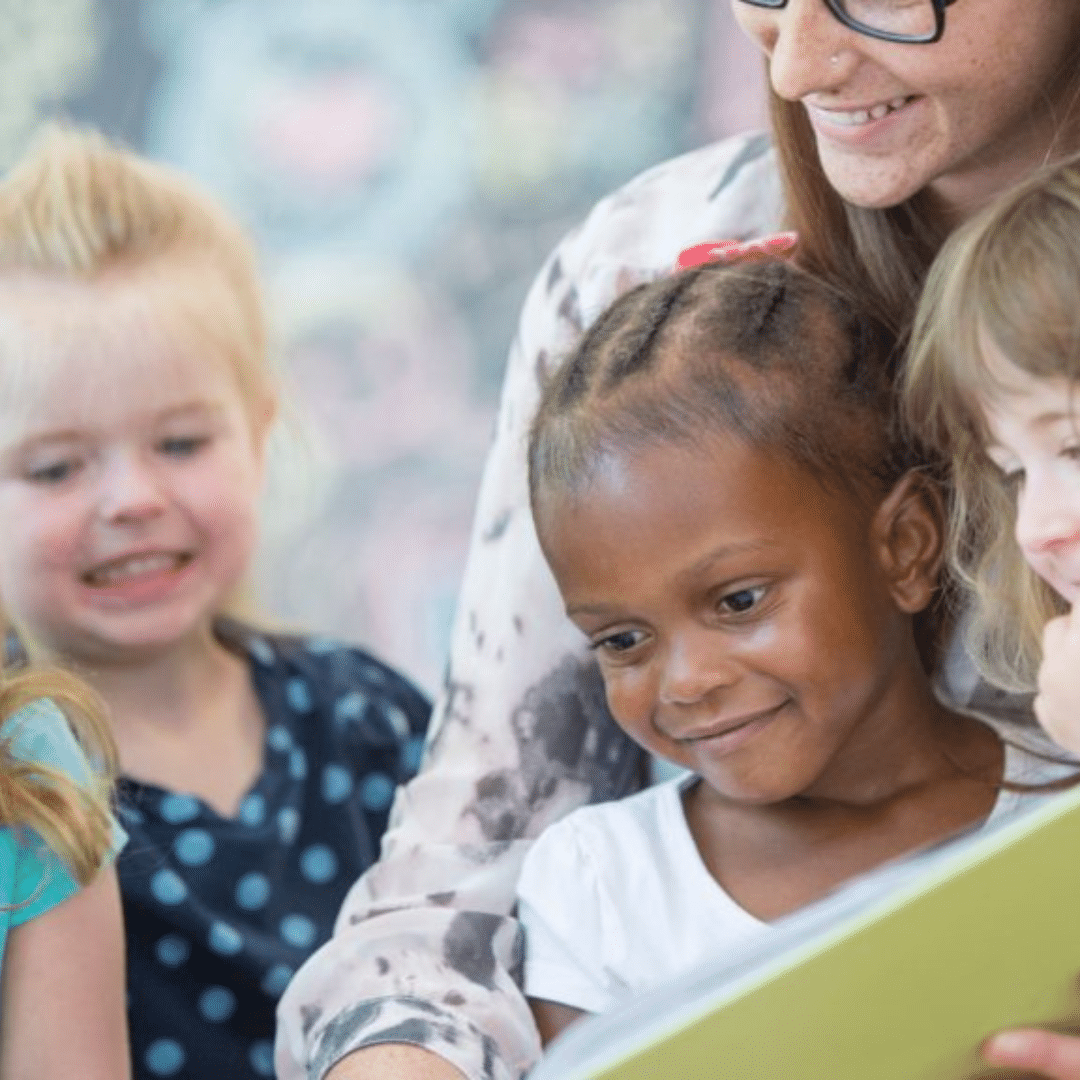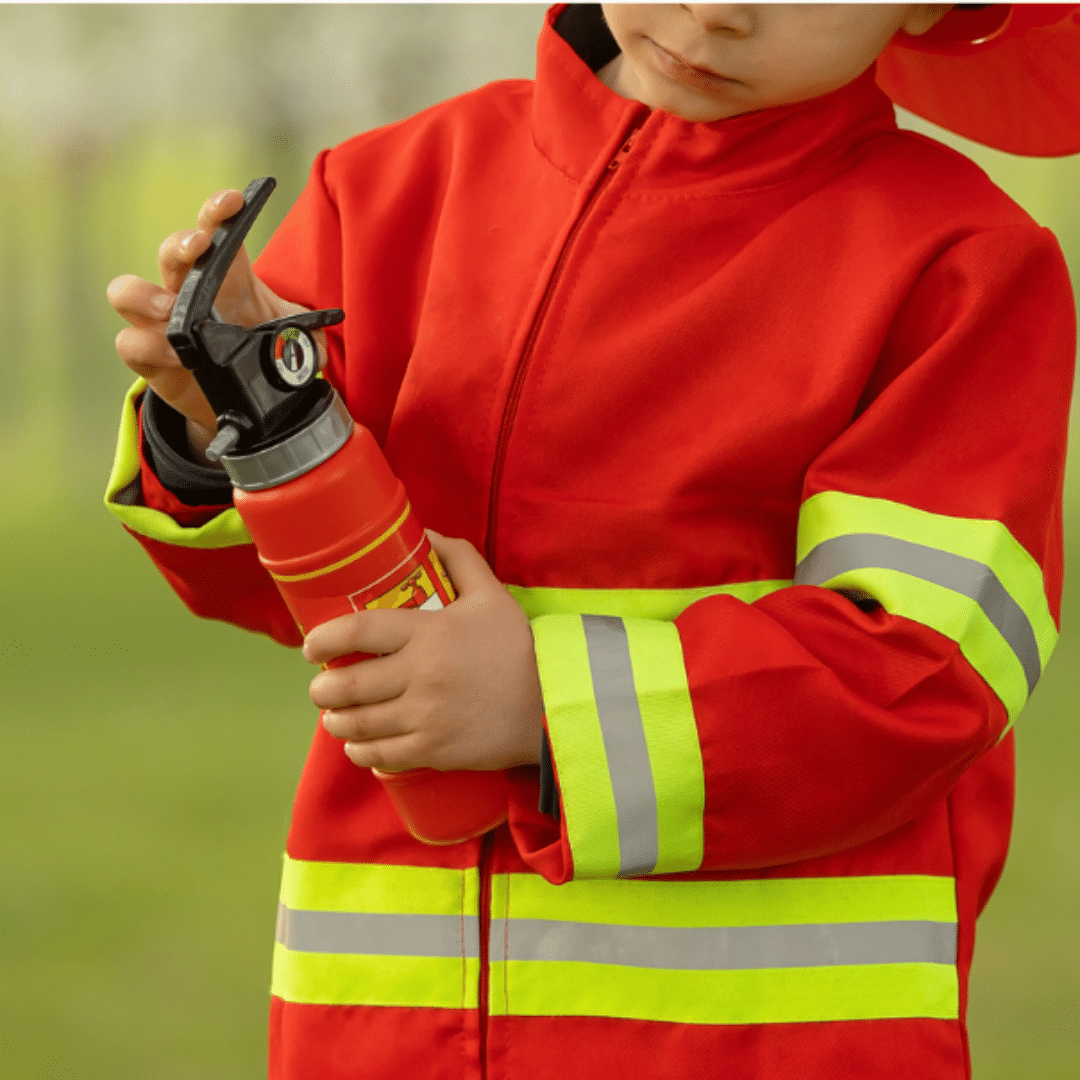What is Microlearning?
Microlearning is a great way to learn new skills and information in bite-sized chunks! It is digestible, actionable content delivered in 5-10 minutes and designed specifically for new early childhood classroom educators and family child care professionals in Delaware. Microlearning is an opportunity to meet you where you are – providing you with ideas to build fundamental skills, routines, and competencies that you can implement right away.
Microlearning is a great way to learn; however, these brief sessions do not count towards quality assured training hours or show up on your transcript.
Microlearning for Early Childhood Classroom Educators

Diapering in Delaware Early Care and Education Centers
This module covers best practices in diapering—emphasizing sanitation, safety checks, and adherence to Delaware licensing standards. Educators learn to minimize risks and promote comfort during routine care tasks.

How to Read a Book to Young Children
This microlearning session equips educators with interactive read-aloud strategies—using voice, pacing, and questioning to engage young children, support language development, and foster early literacy skills.

Playground Safety
This microlearning module guides educators in inspecting outdoor play areas, mitigating risks, and maintaining equipment. It promotes safe, engaging environments where children can play and explore confidently.
Microlearnings for Family Child Care

Record keeping: Maintaining Complete Child Files
This microlearning module guides educators through effective record‑keeping strategies. You’ll learn to organize child files, maintain compliance, and use documentation to support individualized learning and program quality.

Safety Practices: Fire Drills
Focused on preparedness, this session guides educators through planning and reviewing fire drills. Best practices include clear instructions, safe evacuation routes, and post-drill reflection to strengthen emergency protocols.

Safety Practices: Keep-Out-Of-Reach-Items
Focused on environmental safety, this short training helps educators identify common hazards and implement prevention strategies—ensuring all unsafe items are stored securely away from children.
Previous Microlearning Series: Early Childhood Classroom Educators

Safe Sleep Practices for Infants
Through concise training, early childhood professionals learn safe sleep protocols, including recommended sleep positions and environmental checks. This promotes infant well‑being and aligns with care standards.

Maintaining Ratios and Attendance Practices
Educators learn clear guidelines for supervision and ratios, along with attendance-monitoring tools. This training helps ensure compliance with regulations and enhances classroom safety and organization.

Feeding Infants
This module offers best practices on feeding infants—covering safe techniques, responsive feeding cues, and appropriate nutrition. Educators will learn to nurture healthy habits and support infant well‑being.




